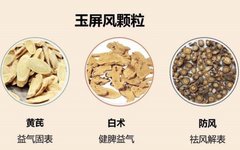When visiting a TCM practitioner, you may often hear about Qi deficiency.
Qi deficiency can be categorized into heart Qi deficiency, spleen Qi deficiency, lung Qi deficiency, and kidney Qi deficiency. Today, I will introduce four Qi-boosting TCM formulas.
1. Yu Ping Feng Granules (Jade Windscreen Granules)
Yu Ping Feng Granules are suitable for individuals who frequently catch colds.
People who are prone to colds often have lung Qi deficiency, which may also be due to spleen Qi deficiency, but Yu Ping Feng Granules can address both.
There is a layer of Qi on the surface of the body called Wei Qi, which protects the body from external pathogens. Wei Qi is derived from the essence of food and is distributed throughout the body by the lungs. For those with lung Qi deficiency, Wei Qi struggles to reach the surface, leaving the pores unprotected and open, allowing external wind and cold pathogens to invade, leading to common colds. Additionally, individuals with lung Qi deficiency tend to sweat easily; even slight activity can cause excessive sweating.
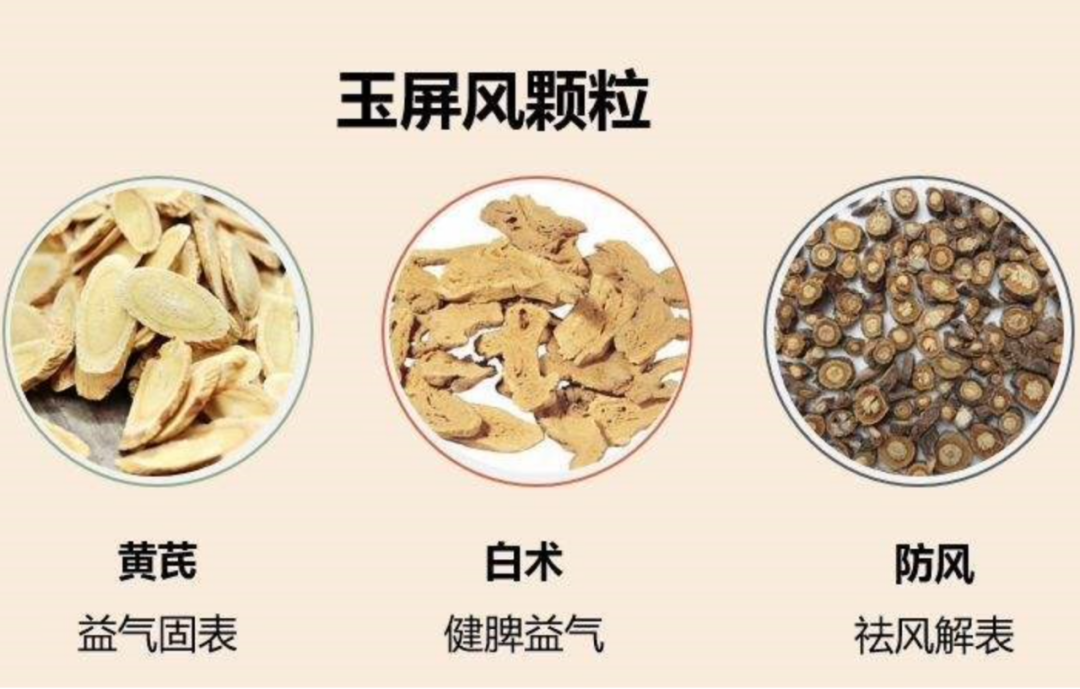
In Yu Ping Feng Granules, Fang Feng (Siler) can dispel wind, while Huang Qi (Astragalus) and Bai Zhu (White Atractylodes) can tonify spleen and lung Qi, creating a defensive layer on the surface of the body to prevent external wind and cold from entering while retaining internal fluids.
This medicine should not be taken during a cold, as Huang Qi has a protective effect that closes the pores. Taking it after catching a cold is like closing the door to an intruder; at this time, one should release the exterior and open the pores to expel the pathogenic factors. Therefore, it should not be consumed once a cold has developed.
Applicable Population: Those who frequently catch colds, experience profuse sweating, or are prone to colds during seasonal changes; it can serve as a preventive measure for spring allergies.
2. Bu Zhong Yi Qi Wan (Tonify the Middle and Benefit Qi Pill)
“Bu Zhong” refers to tonifying the spleen and stomach.
The main characteristic of spleen Qi deficiency is lethargy. When the spleen is deficient, it fails to support the limbs, leading to fatigue and a lack of motivation, making one want to lean against something. Walking becomes sluggish.
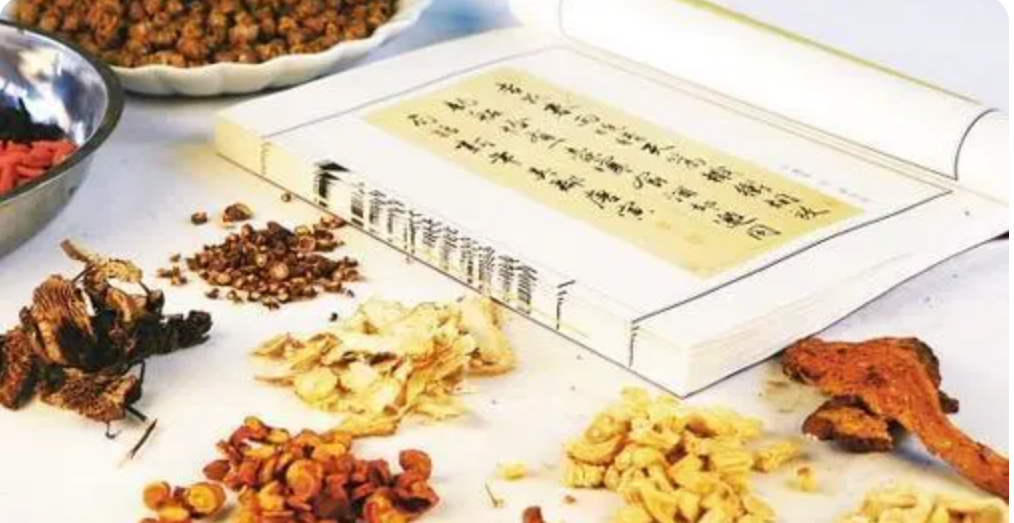
Individuals with spleen Qi deficiency may experience abdominal distension and diarrhea. Abdominal distension occurs because the spleen struggles to transform food, while diarrhea results from the inability to retain what has been ingested.
Severe spleen Qi deficiency is referred to as Qi sinking, also known as middle Qi sinking. This Qi supports the complexion and the internal organs. As one ages, facial muscles may become slack, while children have firm and plump muscles due to sufficient blood and Qi. Once Qi is significantly depleted, the stomach, uterus, large intestine, and small intestine may also sag. The Huangdi Neijing states, “For those who sink, lift them up.” Bu Zhong Yi Qi Wan not only replenishes Qi but also lifts it.
Applicable Population: Those who are easily fatigued, speak weakly, or experience abdominal distension or diarrhea after eating, as well as individuals with prolapse or sagging organs.
3. Sheng Mai Yin (Generate Pulse Decoction)
Some people are lively in winter but feel extremely fatigued in summer, which is a typical sign of heart Qi deficiency.
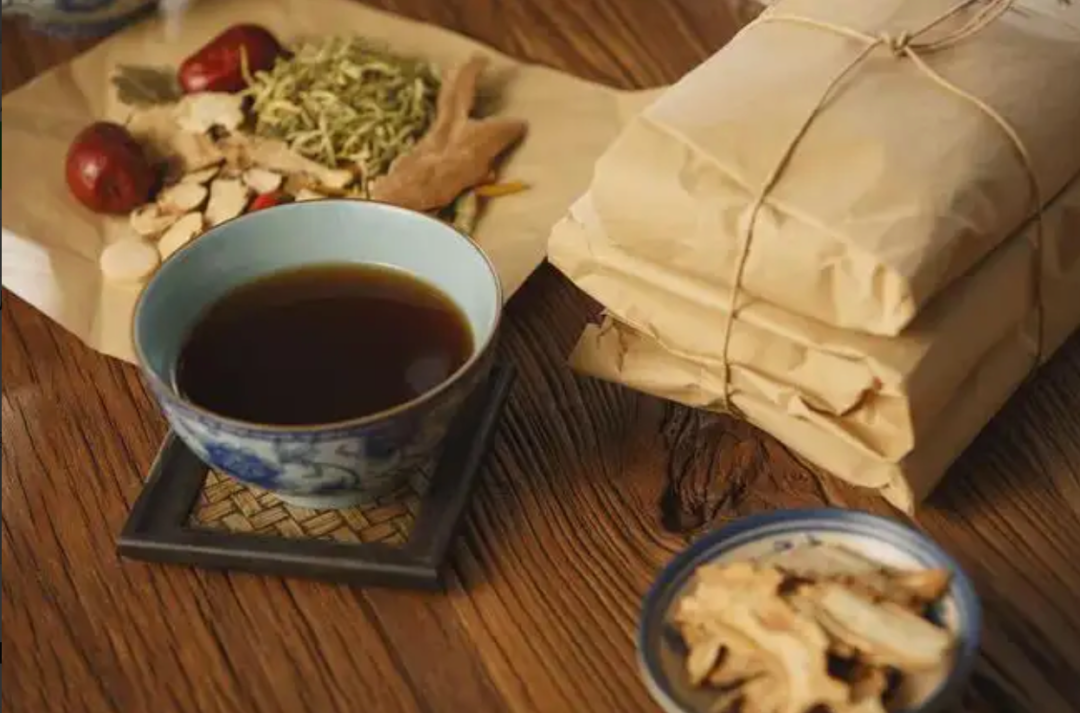
Summer heat is closely related to the heart and can exacerbate heart Qi deficiency. In summer, the weather is hot, leading to increased sweating. Sweat is considered the fluid of the heart; excessive sweating depletes heart blood, resulting in both Qi and Yin deficiency. When the heart lacks both Qi and blood, it can lead to restlessness. Individuals with heart Qi deficiency may experience palpitations, and medical examinations may reveal arrhythmias.
At this time, Sheng Mai Yin is particularly effective. Sheng Mai Yin can simultaneously tonify both Qi and Yin; Ren Shen (Ginseng) can tonify Qi, Mai Dong (Ophiopogon) can tonify Yin, and Wu Wei Zi (Schisandra) can ensure that the essence being replenished is not lost, preventing leakage and strengthening the heart vessels.
Applicable Population: Those with both Qi and Yin deficiency, especially in summer when they feel lethargic, sweat easily, and experience fatigue, dry mouth, palpitations, and shortness of breath.
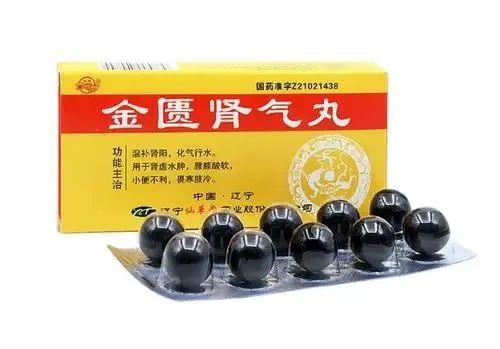
4. Jin Gui Shen Qi Wan (Kidney Qi Pill from the Golden Cabinet)
The Kidney Qi Pill primarily tonifies kidney Qi. When thinking of kidney deficiency, one may consider kidney Yin deficiency or kidney Yang deficiency. The most notable feature of kidney Qi deficiency is shortness of breath or insufficient Qi. The kidneys are responsible for storage, and this function is primarily achieved through kidney Qi. Individuals with kidney Qi deficiency often experience symptoms of “leakage,” such as frequent urination, diarrhea, nocturnal emissions in men, and clear, copious vaginal discharge in women. The kidneys govern the bones, and those with kidney Qi deficiency may feel weakness in the lower back and knees; the kidneys open to the ears, and individuals with kidney Qi deficiency may experience constant ringing in the ears. The kidneys manifest in the hair, and those with kidney Qi deficiency may experience significant hair loss.
The approach to tonifying kidney Qi and kidney Yang is fundamentally similar. Kidney Qi deficiency and kidney Yang deficiency share many similarities, with kidney Yang deficiency occurring on the basis of kidney Qi deficiency, leading to a series of symptoms such as sensitivity to wind and cold. The treatment method involves using Liu Wei Di Huang Wan (Six-Ingredient Rehmannia Pill) to nourish Yin, and Gui Zhi (Cinnamon Twig) and Fu Zi (Aconite) to tonify Yang, but in small amounts to achieve a mild warming effect. If the dosage is excessive, Qi deficiency symptoms will not only persist but may worsen. The combination of both approaches is reflected in Jin Gui Shen Qi Wan.
Applicable Population: Those who experience fatigue, shortness of breath, lower back pain, and tinnitus. If both spleen deficiency and kidney deficiency are present, take Bu Zhong Yi Qi Wan in the morning and Jin Gui Shen Qi Wan in the evening. If experiencing heat after taking, consume with light salt water before meals.
For more content, please click to follow
Remember to add this public account as a“Starred”:
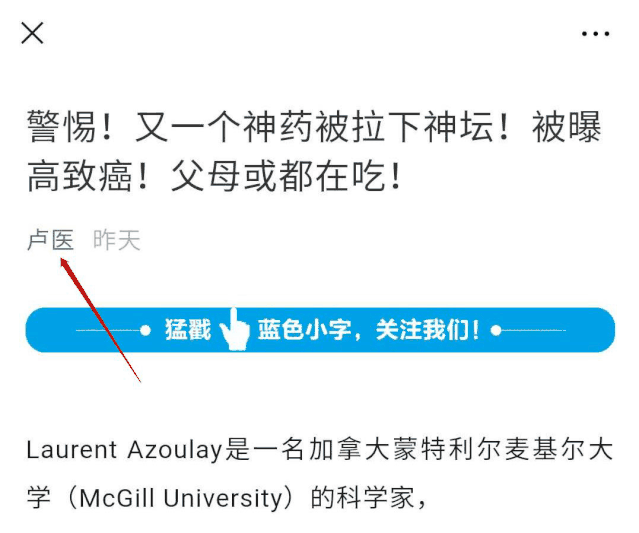


Appreciation

Recommended Reading
Dr. Lu’s Online Consultation Guidelines!
Free Collection! Complete Self-Study Series on TCM Diagnosis (Video)
Finished! Free sharing of this set of TCM Basic Theory Learning Videos, welcome to collect!
Free Learning! Complete 79 Series Videos on Chinese Herbal Medicine
Finished! Sharing the large TCM documentary “Huangdi Neijing” 1-60 series, welcome to collect!
Collection! Video explanation of the four major classics of TCM, “Shang Han Lun” (High Definition Complete Series)
The most reliable health knowledge! Quickly collect Teacher Xu Wenbing’s dietary health!
Can’t find a good TCM practitioner? Why not learn TCM yourself! Free learning of “Shang Han Lun” 70 series videos!
Free Collection! Complete 72 Series Videos on Warm Disease Theory
Sharing! Complete video series of the four major classics of TCM, “Shen Nong Ben Cao Jing”
[Meridian and Acupoint Studies] Complete 68 Series Video Teaching Course
Free Collection! No good TCM practitioners? Everyone learns TCM, complete video series on “Formulas”
First Aid Manual, one for everyone (2021 Latest Edition)
Hao Wanshan Talks Health (Must-Watch Short Videos on Health)
Disclaimer This article is sourced from the internet, and the copyright belongs to the original author. Please indicate the source when reprinting. Sharing this article is for the purpose of dissemination and learning exchange, and does not hold responsibility for the views expressed in the article. If there are copyright issues, please contact for deletion. The various prescriptions and remedies mentioned in the article are for reference and learning purposes only; non-professionals should not use them blindly! The advertisements in the article are generated automatically by the system and are not related to this account.
For more sharing/exchange/cooperation, please contact WeChat: Dr. Lu
WeChat ID:luyi520323

